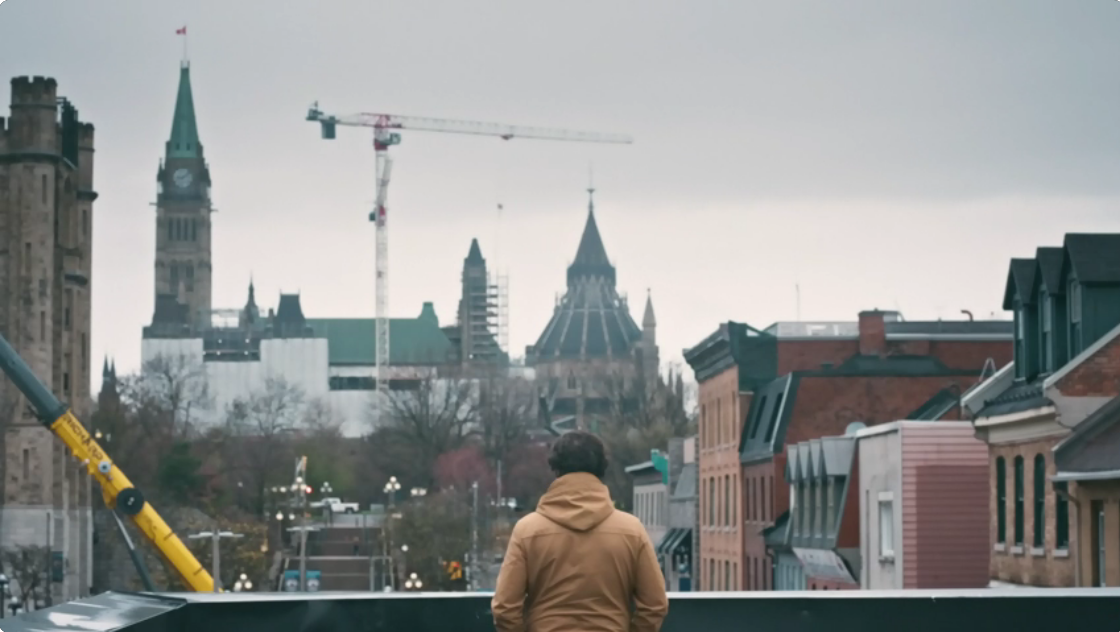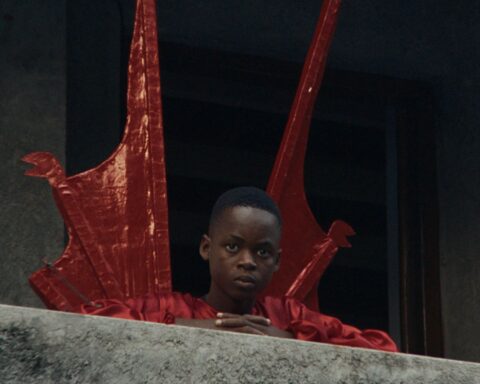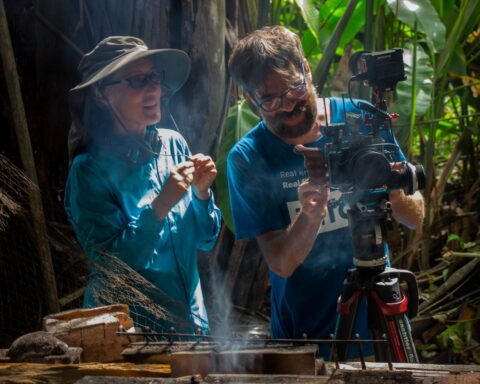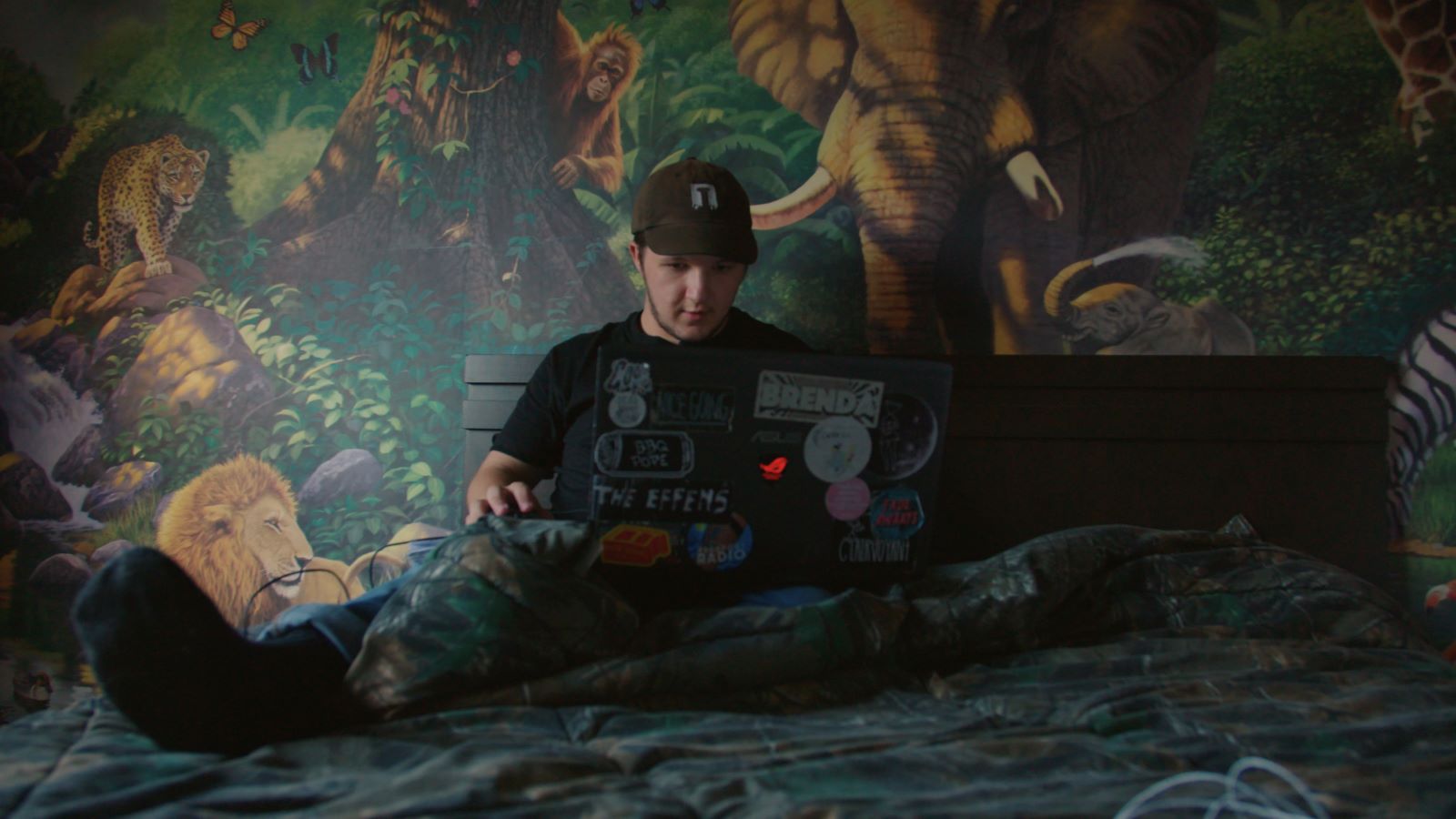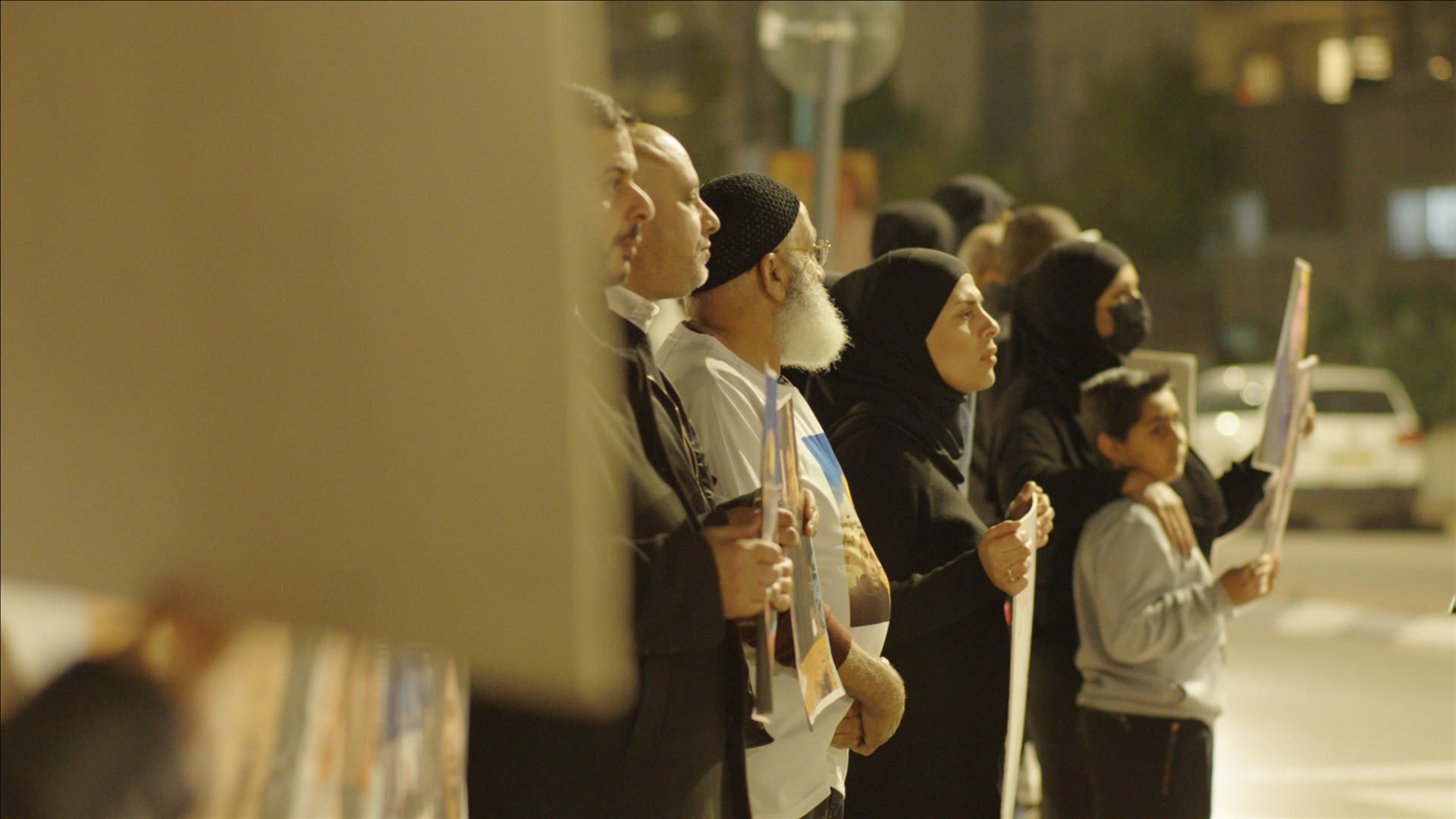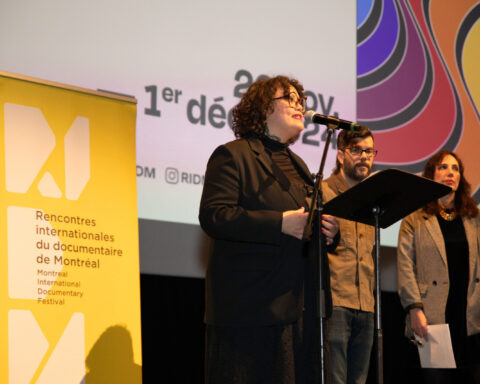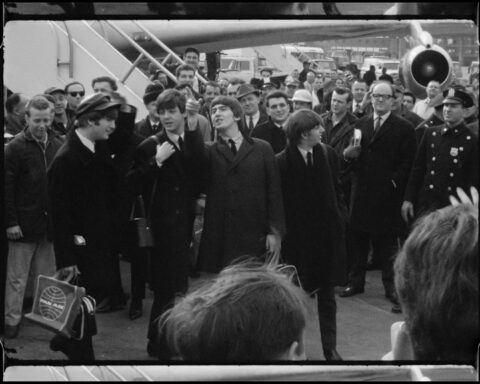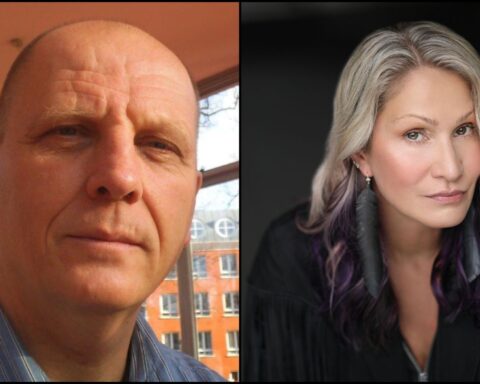The Last French Canadian (Le dernier Canadien français)
(Canada, 51 min.)
Dir. Jill Lafaive, Simon Madore
Is it passé to call some residents in the land of the Maple leaf “French Canadian”? The politics of identity, or perhaps the semantics of identity, go under the microscope in the breezy documentary The Last French Canadian. The doc follows subject/host Pascal Justin Boyer as he endeavours to figure out just who he is within Canada’s diverse mosaic. Born to two French-speaking parents in Quebec, who then moved the family to Ontario when Justin in school, our host shares how he could never put a finger on his identity. He self-identifies as French Canadian when the doc begins, but wonders if that leaves him a minority within a minority.
It’s not an easy question to answer, so Boyer chats with Francophones from coast to coast. On one hand, a York University professor tells him that “French Canadian” is an outdated term. The inherently colonial nature of the distinction is a bit retrograde. But calling himself “Quebecois” doesn’t work for Boyer, either, since he’s spent more years outside La belle province than living within it.
Alternatively, as a French-speaking (now former) resident of Ontario, Boyer could follow his parents’ lead. They use “Franco-Ontarian” as their preferred demonym. Many other French speakers in Canada apply that label, but Boyer conveys how it doesn’t stick well. It omits the connection he feels to Quebec and simplifies his identity and relationship with language.
The doc runs with the rapid-fire pace of Boyer’s mother tongue as a bouncy collage of archival material keeps the conversations easygoing. It’s funny, yet thoughtful as the interplay between the images and the words bring English speakers on jokes that might otherwise be lost in translation.
Boyer’s good sense of humour and easygoing rapport fuels a cross-country survey. Speaking with French-speakers in Toronto, including some pointed questions about the controversial Franco-Ontarian University, to far-flung corners of Whitehorse way up in Le Yukon, Boyer learns that just about every Canadian who speaks French has a different perspective on identity. It’s not a universal language per se.
The Last French Canadian makes some great plays with language, though, while interrogating the multitude of identities in a land with fraught histories of settlement. Boyer, for one, has a great laugh with a fellow Francophone in Vancouver. He asks what it’s like to be a French speaker in British Columbia. She chuckles and tells him of a case that went all the way to the Supreme Court to preserve language rights in public schools.
Meanwhile, in Halifax, or “Acadia” for those who want to get political, various immigrants bring further politics to the conversation about French Canadianness. They share how, say, someone from Senegal might speak French upon arriving in Halifax, but if few Haligonians speak the language, or if a new Canadian can’t get work in French in town, they’ll just have to go to Montreal or learn English in order to stay. More complicated, too, is one interviewee’s observation that French is a colonial language for many immigrants. He’s therefore unlikely to fight for a language he didn’t choose in the first place.
The Last French Canadian brings a tongue-twister to the question of language preservation, particularly as it pertains to Quebec. The conversation illustrates an increasing reliance on immigrants to keep the language flowing, but the question of Quebec nationalism or sovereignty complicates the politics of belonging for those very people. The discussion observes how questions of language and collective politics are inherently linked.
The film therefore asks if quest to remain “French Canadian” will ultimately erase the Canadianness of the term, which leaves Boyer wondering just what he’s fighting for. Thankfully, though, “bravo” works in either language.
The Last French Canadian screened at the 2024 Windsor International Film Festival.
It also screens on ICI TOU.TV.




